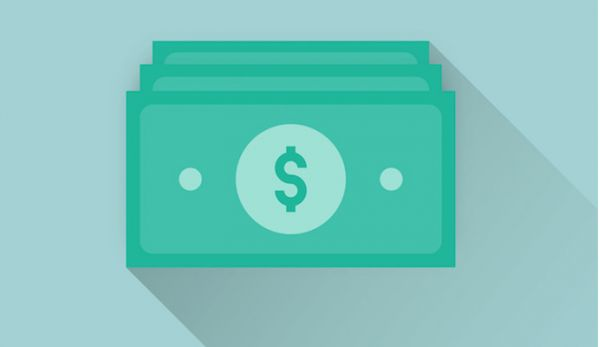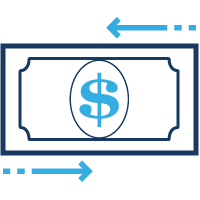An Overview of What Is Unemployment Income?
Nov 19, 2023 By Susan Kelly
Introduction
What Is Unemployment Income? The federal-state unemployment insurance system (UI), which offers partial income replacement while looking for new employment, assists many people who have lost their jobs. Since 1935, this form of social insurance, which helps workers financially in the event of job loss by having their employers pay taxes on their behalf, has existed. The program also supports consumer demand during recessions by giving people a steady flow of money to spend.
The states manage the program at the state level, while the U.S. Department of Labor oversees the UI system. Most states allow unemployed people to receive essential program benefits for up to 26 weeks or nearly half their past wages. Conditions make the bulk of the financial contributions and cover the costs of the genuine benefits provided to employees; the federal government covers administrative expenses. While some federal restrictions apply to the states, they generally enjoy a great deal of latitude when deciding on eligibility requirements and benefit amounts.
How Does Unemployment Income Work?

In the United States, state unemployment offices work with the federal government to provide unemployment benefits. Its primary objective is to supplement people's incomes while they search for new job prospects. Although each state has its own unemployment income rules, restrictions, and application process, all states must abide by federal unemployment criteria. For instance, there are significant differences between the maximum period an unemployed person can receive unemployment benefits in each form. Most states pay unemployment benefits for up to 26 weeks, although in Arkansas, for instance, the maximum is only 14 weeks, while it is up to 30 weeks in Massachusetts.
State Unemployment Benefits
Consequently, individuals interested in receiving unemployment benefits must apply with their local states and fulfill the prerequisites for qualification. Most of the time, a person's unemployment must be the result of circumstances beyond their control, such as the person's former employer going out of business or the person getting dismissed from their job. People who are let go from their positions for violating company policy or who left their jobs willingly for what seems to be no discernible cause are typically ineligible for unemployment benefits.
If you are receiving unemployment benefits and can also work and bring in money, you may be eligible for a reduction in those payments. After you have been gainfully employed for a certain period, you are no longer qualified for unemployment benefits. However, you must report your earnings to the state unemployment office if you work while unemployed, even if it's just part-time labor for a few days. This is the case even if you work less than 30 hours weekly. There is a possibility that the notice you receive from the state unemployment insurance administration will include information regarding the weekly unemployment benefits you can anticipate receiving.
When an individual is laid off from their job, unemployment benefits can help ensure that they are not forced to rely only on their savings to meet their day-to-day financial obligations. Unemployment benefits help households with meager incomes stay above the poverty line by increasing the amount of money those households receive. Through programs that compensate them for being unemployed, workers are incentivized to accept economically relevant positions despite the possibility of being laid off. Workers receiving unemployment benefits can maintain their standard of living while they hunt for work more suited to their skills. During economic instability, unemployment benefits assist workers more than they would otherwise.
Duration of Unemployment Benefits
Most states offer unemployment benefits for up to 26 weeks or nearly half a year when the economy is stable. There are, however, a few states that provide benefits for fewer weeks. Gifts may be enhanced in difficult unemployment situations, like the most recent coronavirus outbreak.
Cons
Systems of unemployment benefits can lengthen periods of unemployment unnecessarily, particularly if maximum benefits continue for a long time. Government support for the unemployed modestly increases the national unemployment rate during economic downturns. There is scant proof that programs for unemployment insurance help people find better-paying or more suitable jobs. If no one is watching them, unemployed persons may lie about their attempts to get employment. An unemployment insurance system supported by payroll taxes could considerably increase job losses in some industries.

Conclusion
Unemployment income is short-term financial assistance provided by the government to those who have lost their jobs due to no fault of their own. Unemployment benefits serve as a safety net for those who have lost their jobs and are actively looking for new ones. Benefits from unemployment are frequently recorded as ordinary income for tax purposes. Most states limit how long they will provide unemployment benefits (often 26 weeks). However, that limit may be expanded in harsh times. If you leave your work without a good cause, likely, you won't be eligible for unemployment benefits.








